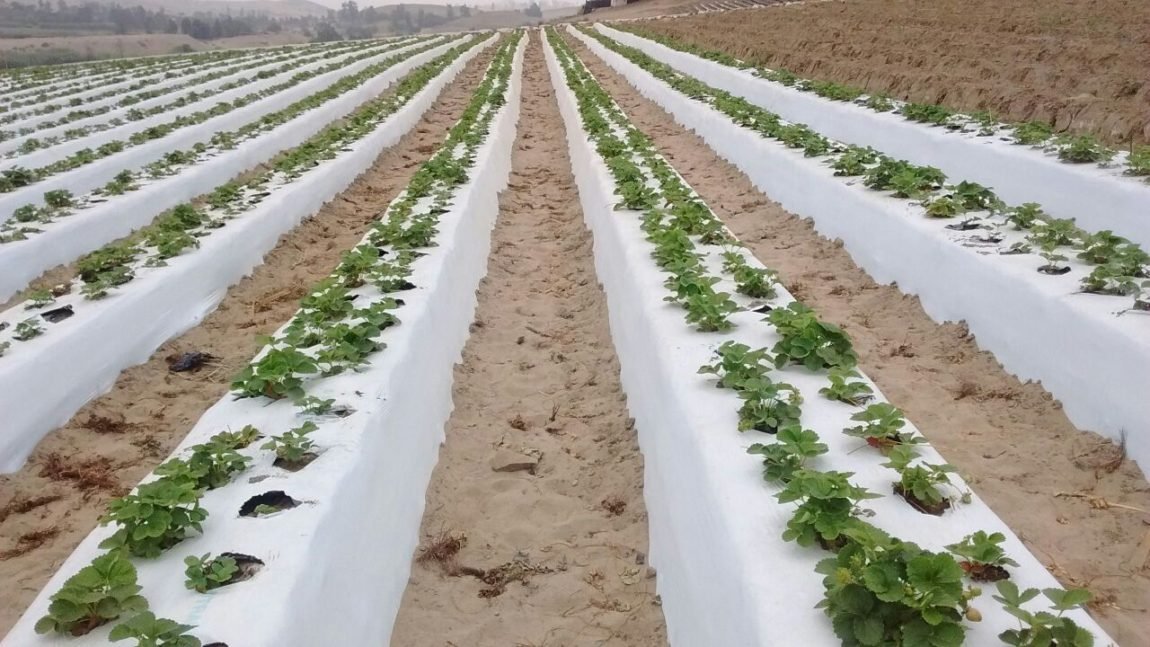Nucleating agents are compositions, compounds, etc.,that
induce the formation of polymer crystals (i.e., regulate and
control crystallinity). It’s better defined in chemistry as
Nucleating agent is a substance that forms nuclei for the
Growth of crystals in a super cooled polymer melt.
read more
Nucleating agents are used with polymers that can crystallize in order to speed cycle times. After melting, it is solidification rate of the plastic into a useful shape that controls processing and cycle time.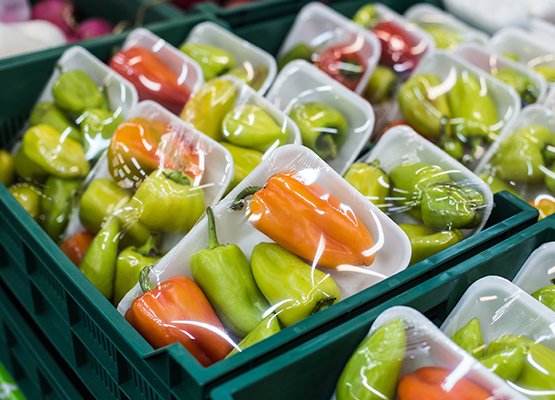
Nucleation occurs when a small nucleus begins to form in the liquid, the nuclei then grows as atoms from the liquid are attached to it.
The crucial point is to understand it as a balance between the free energy available from the driving force & the energy consumed in forming new interface. There are two types of nucleation namely the homogeneous or spontaneous nucleation and heterogeneous nucleation.
The crucial point is to understand it as a balance between the free energy available from the driving force & the energy consumed in forming new interface. There are two types of nucleation namely the homogeneous or spontaneous nucleation and heterogeneous nucleation.
This phenomenon happens when nuclei are formed perfectly in a clean solution where there are no any foreign particles. When semi Crystalline polymers tend to Crystallize from the melt, the particles organize from a Primary nucleus to form complex macro-structures called“ Spherulites”. Properties of the polymer depends upon end size of the spherulite structures
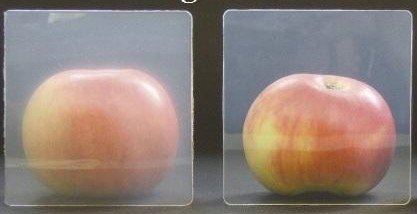
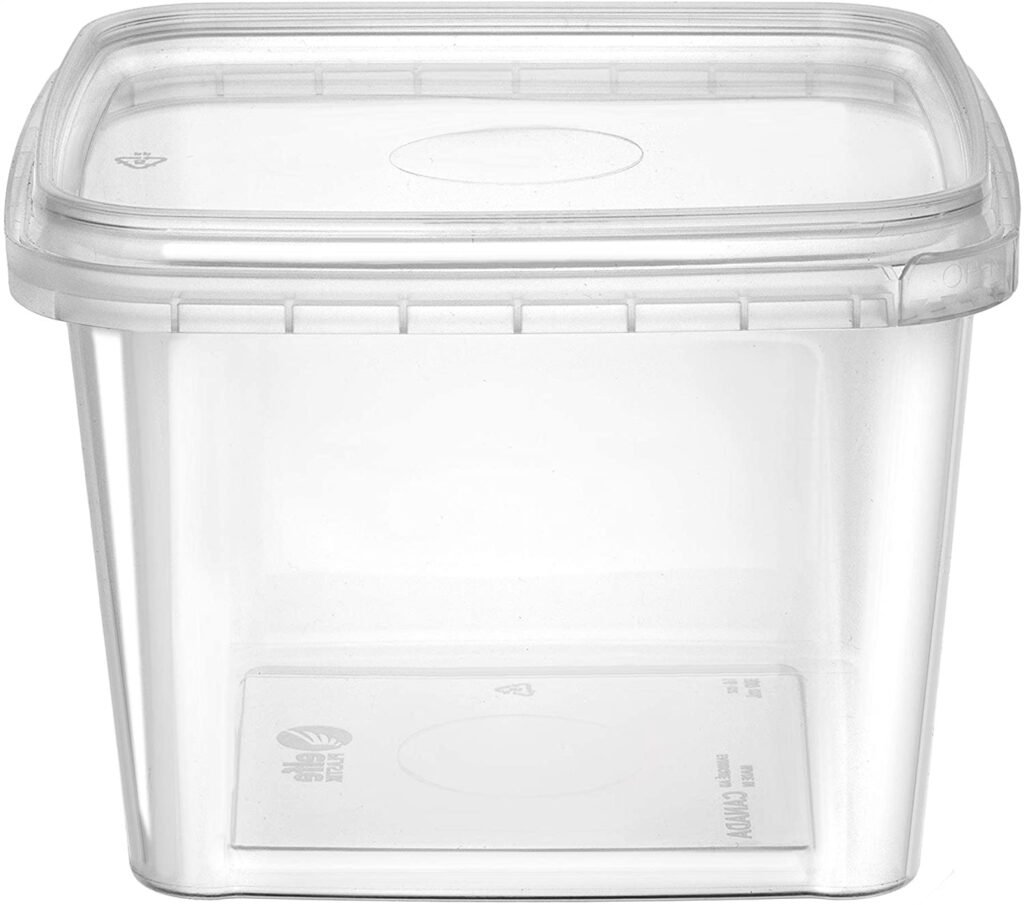
Nucleation involves initial adsorption of macro molecules on its surface. This process is efficient if the foreign body is able to provide a energy matrix for the formation of thermo dynamically favourable crystalline forms. An efficient nucleating agent must have a high energy surface – the large the specific surface, the more efficient it is ..
Nucleating agents facilitates to improve mechanical properties such as stiffness, Heat distortion Temperatures & Crystallization rates. Especially for Injection molding the required high crystallization rates is attributed by the addition of Nucleating agents. The nucleating efficiency depends on factors such as Temperature, Pressure, Stress, Part Thickness, etc and presence of other processing additives .
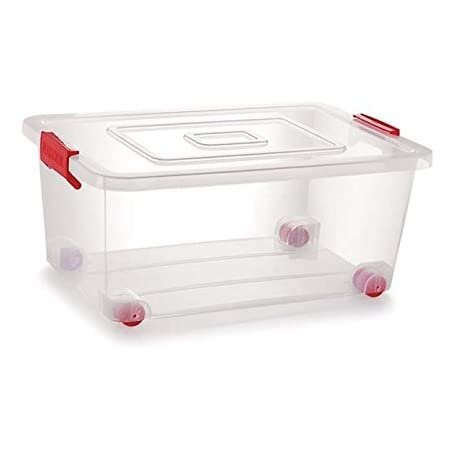
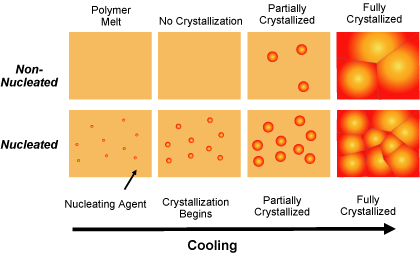
Nucleating agents are often used to modify the properties of various polymers. The rate of crystallization and the size of the crystals have a strong impact on the mechanical and optical properties after conversion of the plastic, especially in polypropylene.
Key Characteristics of nucleating agent
Nucleating agents promote the crystallization of semi-crystalline polymers. These additives function by presenting a heterogeneous surface to the polymer melt, making the crystallization process more thermo dynamically favorable, facilitating enhanced properties such as flexural modulus and HDT.
They are most widely used in polypropylene (homo- and random co-polymers), where they provide three main benefits: property enhancement, improved molding productivity, and increased transparency. Besides these ,uniform product shrinkage is also observed in the molded components.
They are also useful in other semi-crystalline polymers, including polyesters (PET, PBT) and polyamides.
Adding nucleating agents to the semi-crystalline polymers provides a surface to start the crystal growth. As a result, fast crystal formation will accelerate in many small crystal forms. Cycle times in injection molding are thus reduced.
Also it improves the mechanical properties and stiffness of thermo formed polypropylene parts without affecting polymer density or transparency. It allows the down gauging of polypropylene parts and end products while maintaining the same rigidity.
It is suitable for both virgin and post-consumer resins. Because it doesn’t alter the density of the polymer it doesn’t prevent flotation separation at recycling facilities, so customers can meet sustainability goals.
It gives a unique performance enhancer for PP,PE films. At very low concentration, it provides a good balance between processing stability, mechanical strength and aesthetic properties.
It’s food grade compliant , fit for PCR ( post consumer recycling) and no impact on organo leptic properties on food packaging films ( ie) the aspects of food, water or other substances that create an individual experience via the senses—including taste, sight, smell, and touch.
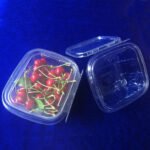

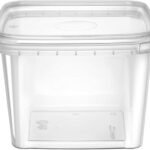
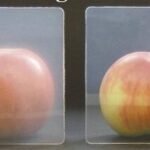
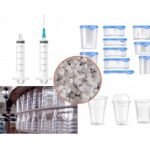
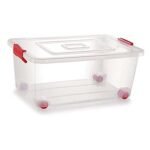
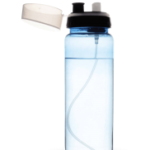
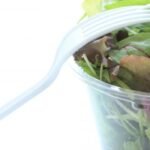
Plast Nucleating Agent
for
Film Application
We are well known as a reliable partner for our clients who are converters for leading brands in Flexible Packaging as our White masterbatches are well suited for Blown film extrusion of Mono layer as well as Multilayer films
Plast Nucleating Agent
for
PE FIlm
PE film is also called stretch film, stretch film, and stretch film. PE film is mainly widely used in centralized winding packaging of various goods. It can reduce the damage and collapse of the goods during the transportation process.
Plast Nucleating Agent
for
Multi Layer Film FIlm
Multi Layer film has the combination of skin & core layers with diverse film properties , significant capabilities and cost advantages when compared to conventional 2 or 3-layer films. It has wide applications in collation shrink films , laminates , edible oils, ghee, etc.
Plast Nucleating Agent
for
Mulch Film
Plastic mulch films are used for weed spread control and water retention in crop production and landscaping. Plastic mulch film also acts as a barrier to keep fumigants efficiently in the soil instead of being released into the atmosphere.




